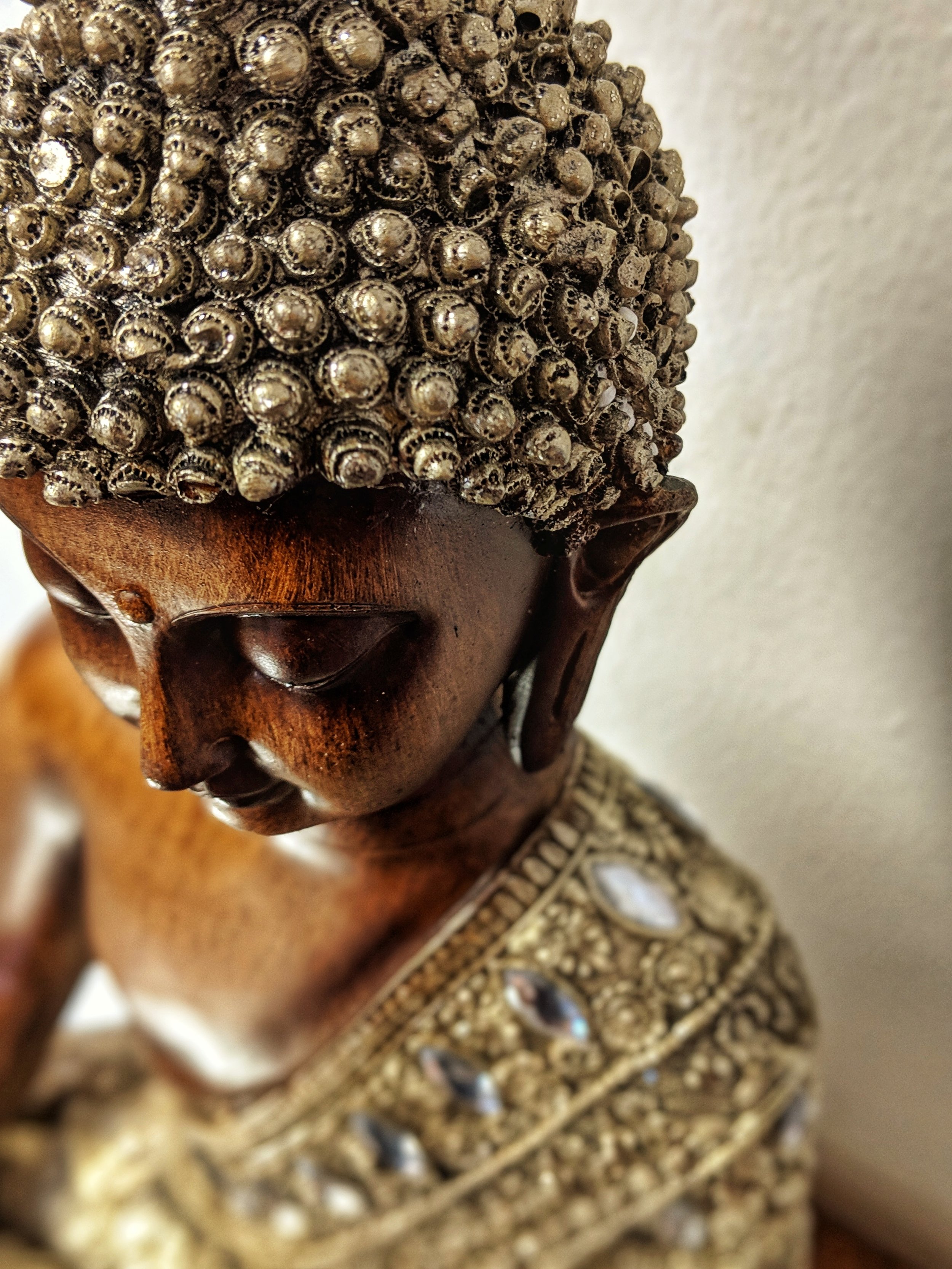Doubt, Faith & Mystery
Sermon at Lyndale UCC, Minneapolis, April 28, 2019
To hear the talk, click here: http://www.lyndaleucc.org/sermons/doubt-faith-mystery/
What is the relationship between Doubt and Faith in this time of Fake News, the rise of white supremacist groups, and climate change? Mushim offers a socially-engaged Zen Buddhist take on the topic, bringing the Gospel of John and the story of "Doubting Thomas" into dialogue with case 19 in the Mumonkan, in which Chao-chu (Joshu) asks his teacher, "What is the Tao?"
The first part of the sermon was not recorded -- it consisted of inviting the congregation to join me in reciting a verse from Shantideva's "Guide to the Way of the Bodhisattva" and in my reading aloud part of the Gospel of John text assigned for that Sunday, ffrom the Gospel of John, Chapter 20, Verse 29:
Jesus said to him (Thomas), "Have you believed because you have seen me? Blessed are those who have not seen and yet have come to believe."
In this story, it seems that the disciple Thomas, called “doubting Thomas” by some, had boldly said he would not believe in the resurrected Christ until he had not only seen him with his own eyes, but had touched Jesus’s body; had not only touched Jesus’s body, but had penetrated with his hand into Jesus’s wounds –
And I relate to this very deeply from my own original spiritual tradition, Zen Buddhism, in which the goal of our path, our practice, sometimes called Enlightenment, perhaps better called Awakening, is in Zen very simply and touchingly and powerfully called: Intimacy.
And just as intimacy is the restoration of the world and self to wholeness and union, doubt is separation. Who among us, whether we call ourselves persons of religion or not, of spiritual faith or not, has not experienced the sometimes overwhelming anxiety, the cutting and fearful nature of Doubt?
When, inevitably, we have experienced or witnessed the slow or swift collapse of a dominant paradigm in our own belief systems and/or in society -- when we have experienced betrayal by one we had trusted, when we have doubted our own goodness, our own potential to love and be loved, to respect and to be respected?
How do we prove to ourselves that what we believe is Truth, is Justice, is Beauty, is indeed such? Where is the proof, today, April 28, 2019, in this country and world of fake news, of a government of lies and the viral spread of white supremacy --
Where is the proof, if we believe it, for what Dr. Martin Luther King Jr. said, -- and he was quoting others who had come before him:
“Evil may so shape events that Caesar will occupy a palace and Christ a cross, but that same Christ arose and split history into A.D. and B.C., so that even the life of Caesar must be dated by his name. Yes, ‘the arc of the moral universe is long, but it bends toward justice.’”
[source: In 1958 an article by Martin Luther King, Jr. was printed in “The Gospel Messenger” periodical. https://quoteinvestigator.com/2012/11/15/arc-of-universe/]
“The arc of the moral universe is long, but it bends toward justice.”
That, I believe, is a statement of faith... Do I doubt that the arc of the moral universe bends toward justice? I do. The social ills, the violence of racialized capitalism and climate change, bring despair much closer to me than I like, much more often than I would prefer. [Listen to the rest of the talk here:http://www.lyndaleucc.org/sermons/doubt-faith-mystery/ ]










